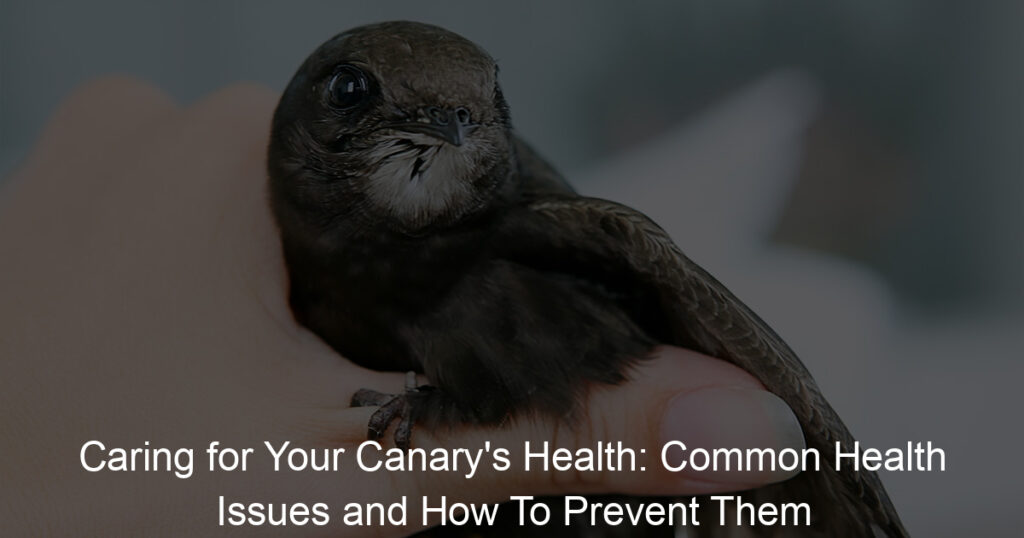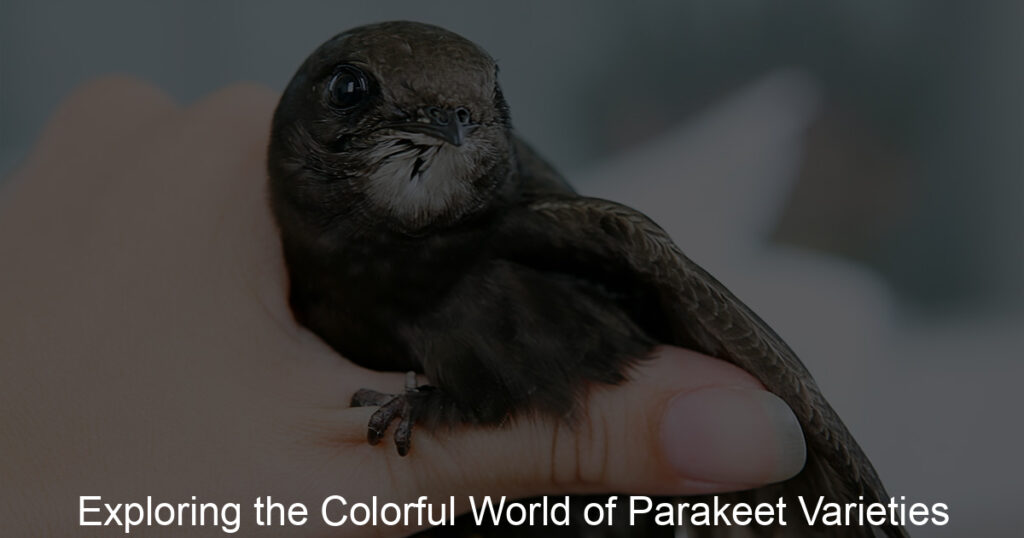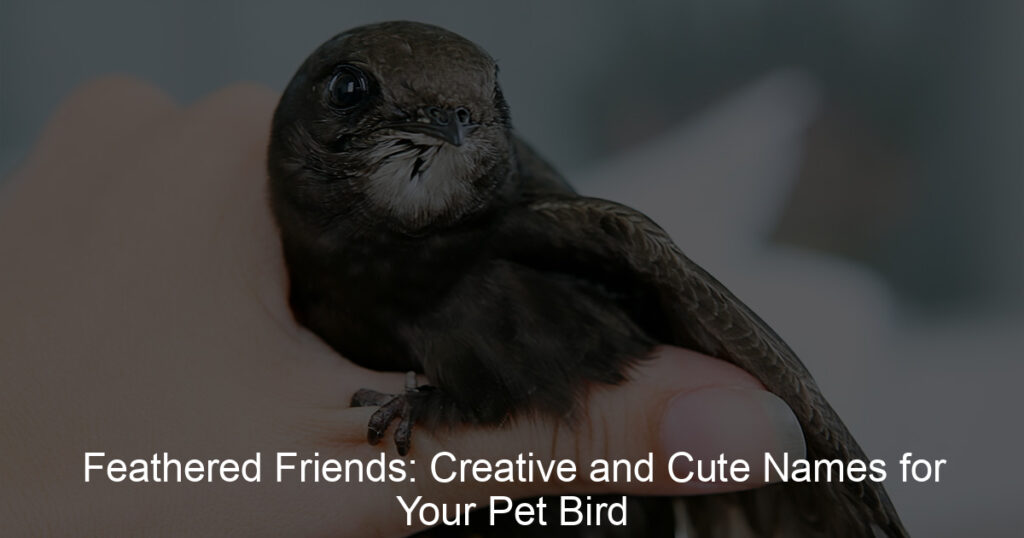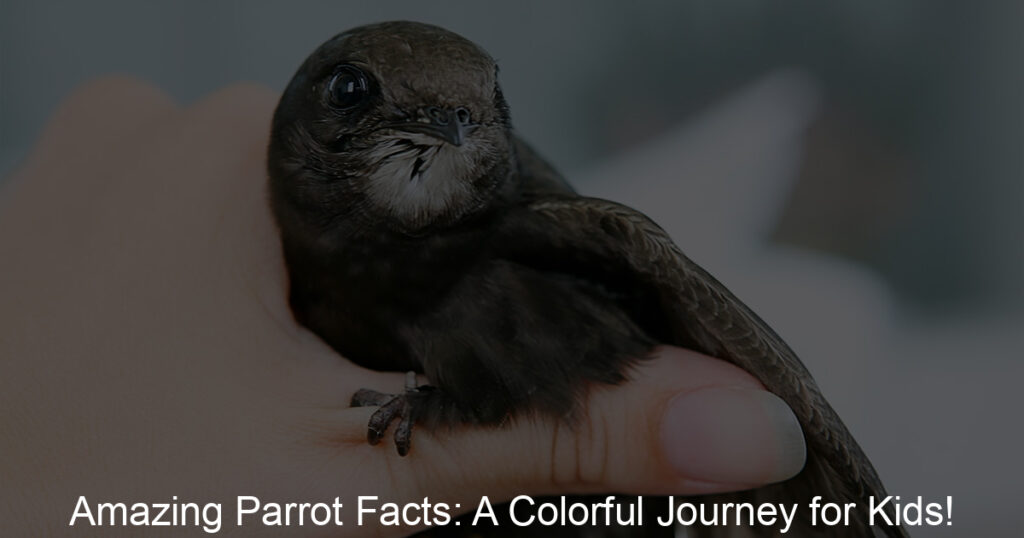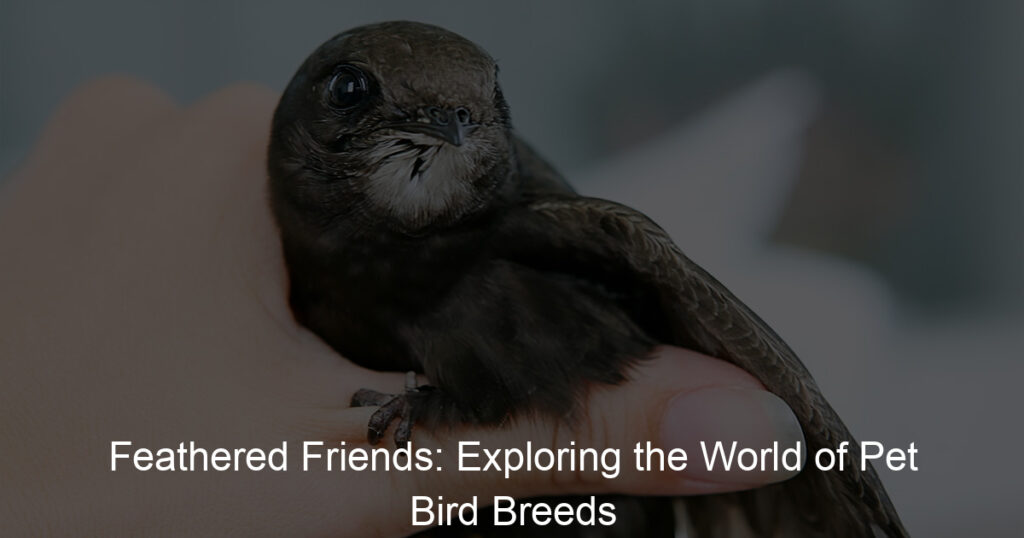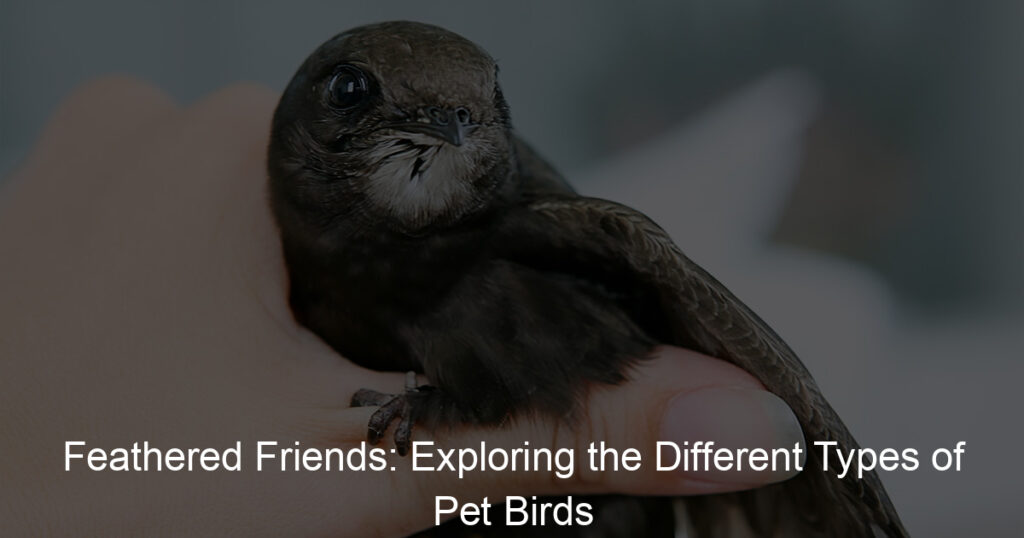Are you the proud owner of a beautiful canary? Congratulations! If so, you know that they make wonderful companions. But if you want to keep your feathered friend healthy and happy, it’s important to stay informed about potential health issues facing pet canaries.
In this blog post, we’ ll take an in-depth look at common ailments your canned may experience — as well as their causes and treatments — and discuss what owners can do to prevent them from occurring in the first place. So get ready to learn everything there is to know about helping your canary live its best life!
What are common health problems in canaries?
Canaries are a great pet to own, offering beautiful melodies and colorful feathers. However, like any other creature, canaries have their vulnerabilities. Common health problems for these birds include respiratory ailments such as chlamydiosis and Aspergillosis, which are caused by bacteria or fungi present in the bird’s environment.
Canaries may also experience conditions related to poor nutrition, including Feather Cysts and fatty liver syndrome; nutritional deficiencies can lead to decreased fertility and growth plate fractures. If you choose to keep a canary as a pet it’s important to be aware of these issues so they can quickly be identified if symptoms arise. Regularly monitoring your bird’s health and providing proper care and nutrition is key!
What are the most common canary diseases?
Canaries are delightful pets to love and enjoy but it’s important to know of some common canary diseases. Infections such as chlamydiosis, air sac mites, and pasteurellosis can be serious in canaries, causing weight loss, increased respiratory rate, and muscle weakness.
Other conditions that can affect your pet include conjunctivitis or sinusitis, which may require antibiotics. Most bacterial or viral illnesses, like Candidiasis or Chlamydia psittaci infectious bronchitis, tend to spread quickly between birds of the same species so it is important to ensure you practice good hygiene when handling them.
Fortunately many of these ailments are preventable with regular nutrition and proper quarantine procedures before bringing a new bird home.
What is black spot disease in canaries?
Black spot disease in canaries, also known as avian pox, is a contagious and potentially deadly bird illness caused by certain strains of pox viruses. The disease is characterized by crusty white lesions or lesions with a halo around them, typically found around the beak, head, and eyes of affected birds.
If left untreated, it can lead to severe respiratory problems, weight loss, and eventually death. Although there are no cures for the disease in birds that are already infected, prevention measures such as ensuring good hygiene of cages and feeders and protecting against potential sources of infection can help keep canaries safe.
What are two indicators of illness in a canary?
Canaries are known for their beautiful singing, so a change in their vocalization is usually the most obvious indicator that something isn’t right. Another sign of illness to look out for is changes in behavior— for example, fluffing feathers, drooping wings, or lack of vigor or activity.
If you observe either of these, it’s best to take your canary to an avian vet for examination and possible treatment. Most illnesses in birds settle down quickly with the right care, but it’s important to act quickly to ensure the health of your pet!
What illnesses can canaries get?
Canaries are known for their cheerful singing and vibrant colors, but unfortunately, they can also be susceptible to a range of illnesses. Some common ailments that can affect these birds include air sac mites, aspergillosis, avian pox, coccidiosis, psittacosis, and thrush.
Although some of these illnesses cause minor and temporary issues like sneezing or increased sleeping, others can be more serious and require immediate treatment. To ensure your canary remains healthy and happy, review the symptoms of these illnesses and visit your veterinarian if you’ re at all concerned. Your feathered friend will thank you!
What do you need to take care of a canary?
Taking care of a canary is simple and fun. These birds, with their gorgeous song, add an effervescent touch to any home. You’ll want to provide your little feathered friend with all they need: a cage that is large enough to accommodate activities has plenty of perch space, fresh food, and water every day, and plenty of socialization.
You’ll want to keep the cage in a temperature range between 60-75 degrees Fahrenheit, spray them daily with lukewarm water to help keep them comfortable and hang small mirrors or bells in the cage for stimulation. Regular veterinary checkups will also help make sure that your beloved pet is healthy and happy!
How do you keep canaries healthy?
Keeping canaries healthy is not difficult if you provide them with a proper diet that includes a variety of fresh foods as well as an appropriate supply of seeds. Fresh fruits and vegetables such as apples, oranges, cucumbers, carrots, and spinach should make up the majority of their diet, although good quality seed mixes such as millets and oats can make up some of the supplemental nutrition.
Additionally, canaries should have access to clean water at all times for drinking and bathing. It is also important to provide a comfortable living space with plenty of toys or branches to exercise on and explore.
Finally, annual examinations by an avian vet will help identify any potential health issues early before they become too serious. With these simple steps, you can make sure your feathered friends remain in perfect health!
How do you treat a sick canary?
When our furry and feathered friends are too unwell to hop around or sing brightly, it can be heartbreaking. If you suspect that your beloved canary is under the weather, there are a few steps you can take to restore them to health.
Start by bringing your carry to the vet to diagnose any underlying issues, as well as get medication if needed. At home, be sure to keep their environment warm and clean – dust-free air is essential for their tiny lungs! In addition, their diet should have plenty of vitamins and minerals; offer a balanced mix of seeds, fresh fruits, vegetables, grains, and insects.
Lastly, pay attention to the amount of exercise they get each day – some gentle preening or flying on a safe perch will help keep them healthy! With patience and love from you, your little friend should be singing merrily again in no time.
What is the best food for a sick canary?
When your canary is feeling under the weather, you’ll want to make sure they get all the nutrition they need to get back on its feet. Fortunately, there’s some great food designed specifically for sick canaries.
It often contains special vitamins and minerals that a healthy bird doesn’t need, plus it’s an easy consistency for them to eat when they don’t have much of an appetite. If you look around online or at your local pet store, you should be able to find something suitable. Just make sure it has the support of your avian veterinarian!
What do canaries need to survive?
Canaries are delightful little songbirds that can make an enjoyable addition to any home. While their cheerful chirping and beauty are ideal companionship, it is also important to ensure they have everything they need to stay healthy and thrive.
Canaries need space; a larger cage with enough room for exercise will help them remain active and alert. As far as sustenance goes, they require a diet of properly balanced seeds and fresh fruits and vegetables to receive the nutrients they need.
To keep them healthy, vitamins added to the water dish or served directly on the food may be necessary too. And finally, with plenty of rest and petting, these faithful birds will provide hours of happiness without fail.
Concluding Thoughts About Caring for Your Canary’s Health: Common Health Issues and How To Prevent Them
Ultimately, canaries are beautiful and vibrant birds that can be perfect for a wide range of experienced bird owners. Although there are a few common health issues in canaries, knowing how to prevent and care for these potential problems is key.
Taking proactive steps to assess the health of your canary when they appear sick or off-balance is essential, as this swift action will make it easier to maintain its good health over time. Remember to check on their diet and nutrition regularly as a healthy diet along with regular exercise are important components of overall wellness.
If at all possible, try to connect with other local bird owners and avian experts who keep your bird happily healthy and thriving. With consistent care, your little feathered friend is sure to bring joy into your life for years to come!

